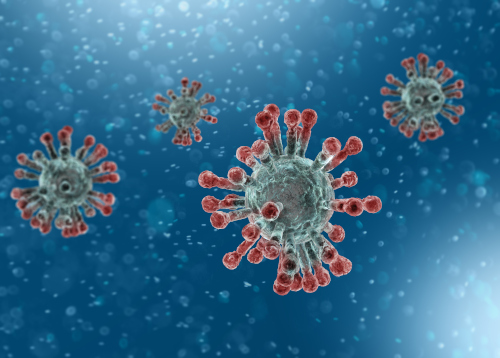COVID-19 diagnostics: assuring quality in accelerated testing

As the COVID-19 pandemic reshapes societies and behaviour around the world, the international scientific community has come together to focus research and development, in a global collaboration on an unprecedented scale.
From laboratories to governments and regulatory bodies, adjustments are being made to processes to accelerate new product approval, putting possible solutions in the hands of health services and patients as quickly as possible. The US FDA’s recent activity exemplifies this new urgency, having issued 30 emergency use authorisations (EUAs) to date for COVID-19 diagnostic tests, and working with another 270+ test developers who aim to submit EUA requests as well. The agency last week also issued an EUA allowing hydroxychloroquine sulfate and chloroquine phosphate products, typically antimalarials, to be used for COVID-19 patients without clinical trials, and yesterday approved an abbreviated new drug application (ANDA) for hydroxychloroquine sulfate tablets.
Multiple vaccine, diagnostic and treatment trials are now in progress, with Karyopharm Therapeutics assessing a low-dose multiple myeloma drug, Emory University’s Ridgeback Biotherapeutics trialling a ribonucleoside intended to prevent SARS-COV-2 replication, and Leading Biosciences investigating a digestive enzyme inhibitor that may block viral activity through ACE2 receptors, amongst others.
AstraZeneca and GlaxoSmithKline, meanwhile, are focusing on reducing the demand for reagents used in current testing methods, working with with the University of Cambridge to develop novel high-throughput screening technology for the coronavirus.
As increasing numbers of diagnostic methods are made available in the global fight against COVID-19, it is essential that laboratories ensure that their application of methods and subsequent results are reliable and accurate, by using external quality assurance tools including proficiency testing.
“Recent political statements that ‘a bad test is worse than no test’ in our fight against the COVID-19 virus emphasises the need for an approach to testing that addresses quality at all levels,” says Dr Derek Craston, Chief Scientific Officer at LGC. “We are committed to this objective through the provision of carefully manufactured and quality controlled critical reagent components that form an integral part of testing protocols, by providing characterised materials for test validation and control, in supporting international comparative studies, and now by establishing a global proficiency testing scheme.
“Proficiency testing is a central component of a robust quality system and enables laboratories to benchmark performance and identify, where appropriate, areas for further improvement.”
We now offer LGC proficiency testing samples for the detection of SARS-CoV-2 (COVID-19) by nucleic acid amplification testing. Samples are non-infectious and are compatible with molecular assays that target CDC and WHO consensus gene sequence regions ORF1a, RdRp, E (Envelope), N (Nucleocapsid) and/or S (Spike). With demand high and time of the essence, the first sample despatch date is date is 4th May 2020, with further rounds in July and October.
“Governments, health bodies, hospitals, virology labs and indeed most of the world’s population find themselves locked in a war with the novel virus COVID-19,” says Brian Brookman, Director of LGC Proficiency Testing. “It is our hope that by using this new proficiency testing program for SARS-CoV-2, external quality assurance measures will be in place for all clinical laboratories worldwide.
“Together we can ensure the accurate and reliable testing of patients as the world unites to prevent loss of life.”
